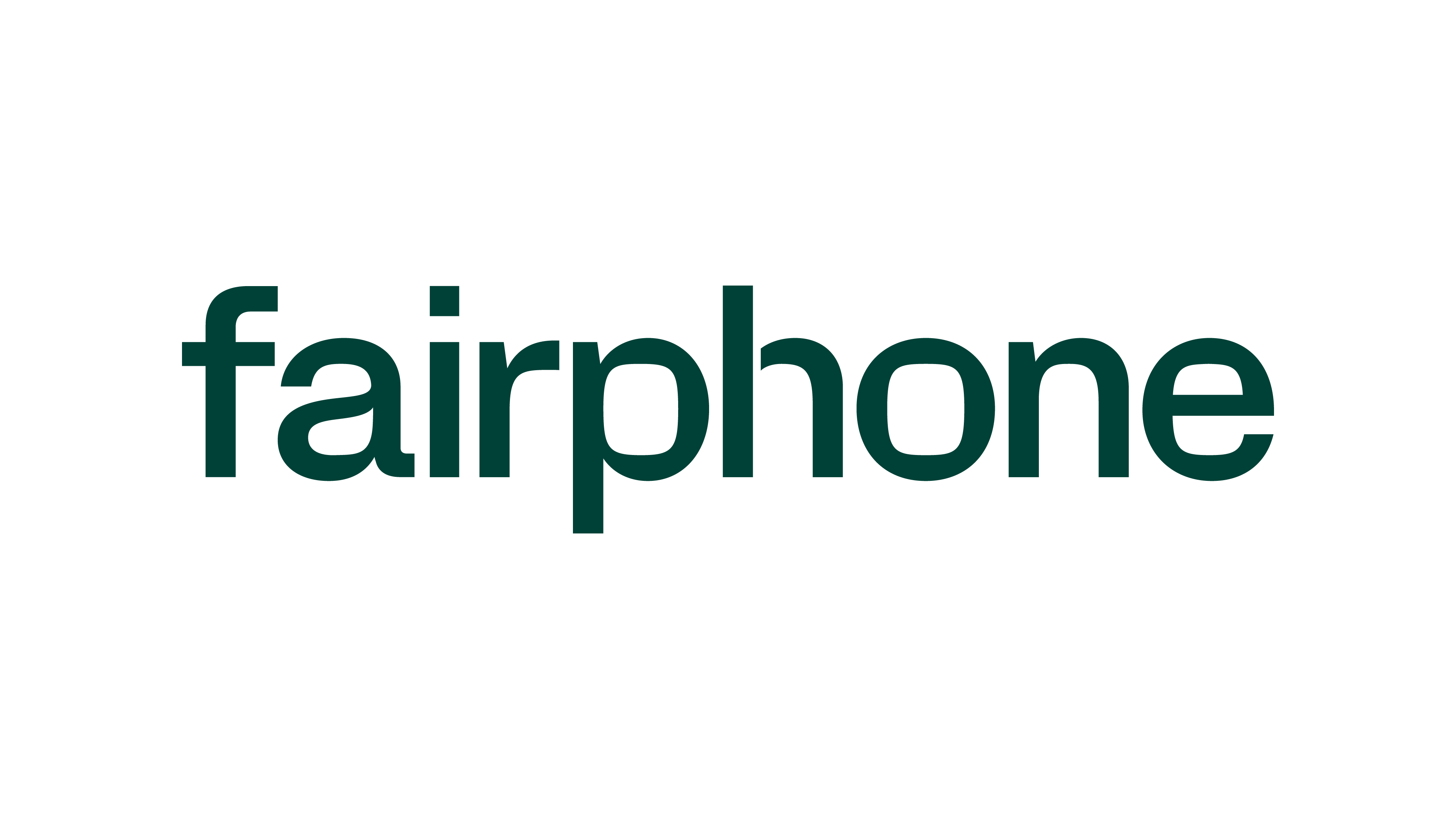

Fairphone

North Holland, Netherlands The
April 2015
Computers & electronics
Wholesale/Retail
Netherlands The,
Taiwan
Fairphone is a movement for fairer electronics. By creating a phone, the social enterprise is opening up the supply chain, building new relationships between people and their products and starting conversations about what is truly fair. Fairphone is making a positive impact in four key areas (long-lasting design, fair materials, good working conditions, and reuse and recycling) while expanding the market for products that put ethical values first. Fairphone is working to achieve their ambition to create a fairer supply chain step by step, focusing on activities and interventions within four core action areas: Fair Materials Fairphone wants to source materials that support local economies, not armed militias. They’re starting with conflict-free minerals from the DR Congo. Long-lasting Design Fairphone is focusing on longevity and repairability to extend the phone’s usable life and give buyers more control over their products. Good Working Conditions Factory workers deserve safe conditions, fair wages and worker representation. Fairphone is working closely with manufacturers that want to invest in employee wellbeing. Reuse and Recycle Fairphone is addressing the full lifespan of mobile phones, including use, reuse and safe recycling.
Overall B Impact Score
Governance 18.1
Governance evaluates a company's overall mission, engagement around its social/environmental impact, ethics, and transparency. This section also evaluates the ability of a company to protect their mission and formally consider stakeholders in decision making through their corporate structure (e.g. benefit corporation) or corporate governing documents.
What is this? A company with an Impact Business Model is intentionally designed to create a specific positive outcome for one of its stakeholders - such as workers, community, environment, or customers.
Workers 28.3
Workers evaluates a company’s contributions to its employees’ financial security, health & safety, wellness, career development, and engagement & satisfaction. In addition, this section recognizes business models designed to benefit workers, such as companies that are at least 40% owned by non-executive employees and those that have workforce development programs to support individuals with barriers to employment.
Community 49.1
Community evaluates a company’s engagement with and impact on the communities in which it operates, hires from, and sources from. Topics include diversity, equity & inclusion, economic impact, civic engagement, charitable giving, and supply chain management. In addition, this section recognizes business models that are designed to address specific community-oriented problems, such as poverty alleviation through fair trade sourcing or distribution via microenterprises, producer cooperative models, locally focused economic development, and formal charitable giving commitments.
What is this? A company with an Impact Business Model is intentionally designed to create a specific positive outcome for one of its stakeholders - such as workers, community, environment, or customers.
Environment 23.0
Environment evaluates a company’s overall environmental management practices as well as its impact on the air, climate, water, land, and biodiversity. This includes the direct impact of a company’s operations and, when applicable its supply chain and distribution channels. This section also recognizes companies with environmentally innovative production processes and those that sell products or services that have a positive environmental impact. Some examples might include products and services that create renewable energy, reduce consumption or waste, conserve land or wildlife, provide less toxic alternatives to the market, or educate people about environmental problems.
What is this? A company with an Impact Business Model is intentionally designed to create a specific positive outcome for one of its stakeholders - such as workers, community, environment, or customers.
Customers 3.7
Customers evaluates a company’s stewardship of its customers through the quality of its products and services, ethical marketing, data privacy and security, and feedback channels. In addition, this section recognizes products or services that are designed to address a particular social problem for or through its customers, such as health or educational products, arts & media products, serving underserved customers/clients, and services that improve the social impact of other businesses or organizations.